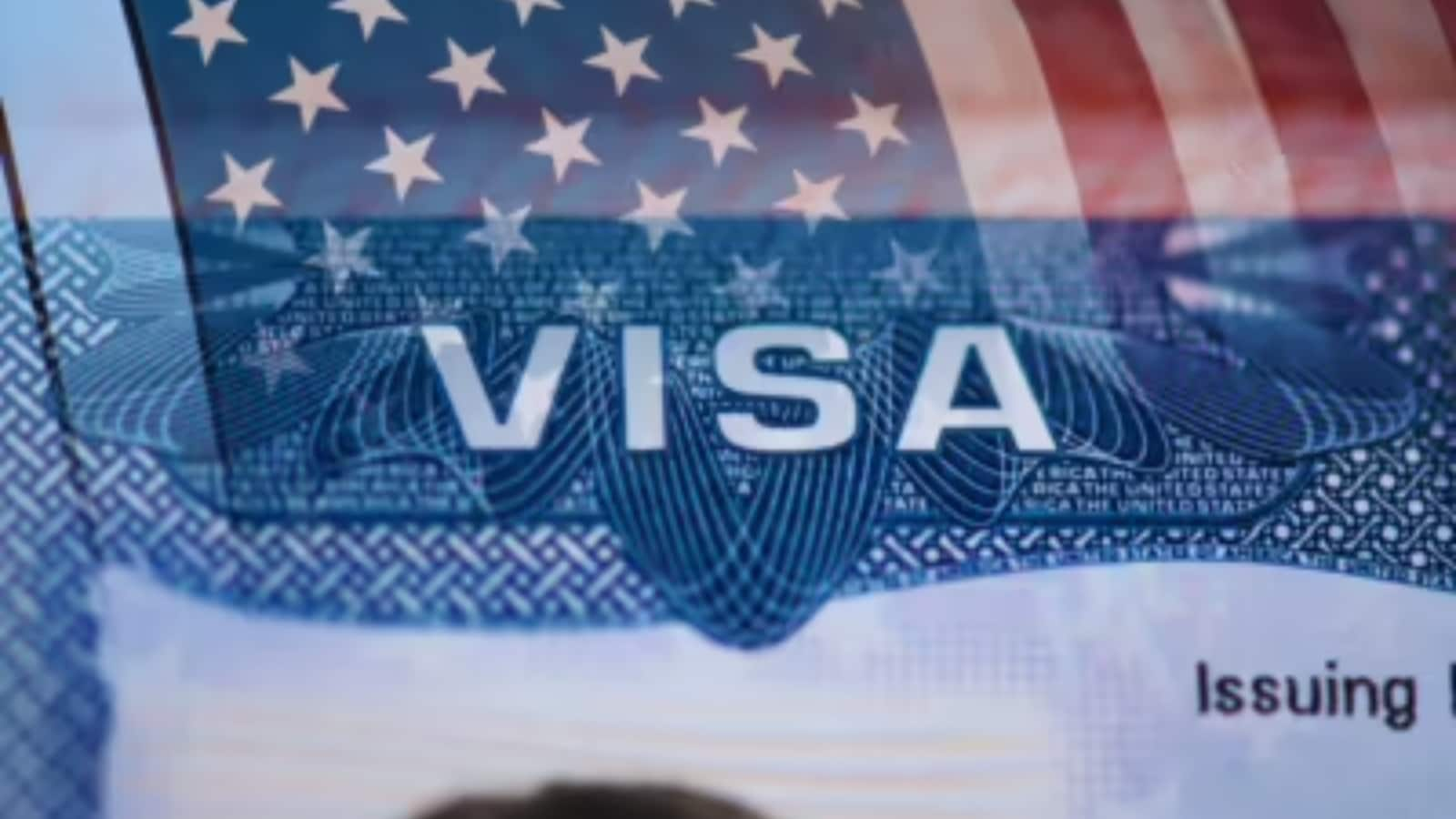In a significant revision to its visa vetting procedures, the United States has mandated that all applicants for F, M, or J non-immigrant visas must now change the privacy settings of their personal social media accounts to ‘public’, effective immediately. The announcement, made by the U.S. Embassy in India on its official handle @USAndIndia, underscores the administration’s focus on national security and identity verification.
“Every visa adjudication is a national security decision,” the embassy stated on X. “Effective immediately, all individuals applying for an F, M, or J non-immigrant visa are requested to adjust the privacy settings on all of their personal social media accounts to ‘public’ to facilitate vetting necessary to establish their identity and admissibility to the United States.” It also noted that since 2019, the US. has been collecting social media identifiers as part of its visa application process. “We use all available information in our visa screening and vetting to identify visa applicants who are inadmissible to the United States, including those who pose a threat to U.S. national security,” the embassy added.
Effective immediately, all individuals applying for an F, M, or J nonimmigrant visa are requested to adjust the privacy settings on all of their social media accounts to public to facilitate vetting necessary to establish their identity and admissibility to the United States… pic.twitter.com/xotcfc3Qdo
— U.S. Embassy India (@USAndIndia) June 23, 2025
The update comes alongside a broader travel policy overhaul for 2025, in which the US government has introduced a new travel ban affecting nationals from 12 countries, mostly in the Middle East and Africa. These individuals are now fully barred from receiving immigrant and non-immigrant visas, including those for tourism, education, or work. Additionally, seven other countries face partial restrictions, such as tightened scrutiny or limited access to specific visa categories.
The U.S. has clarified that India is not on the list of affected countries. Visa processing for Indian nationals across all categories—including B1/B2 tourist visas, H1B work permits, and F1 student visas—continues as usual. However, long wait times remain a major hurdle for Indian applicants. Interview slots at most U.S. consulates in India are currently being booked 10–12 months in advance, significantly affecting travel plans, academic admissions, and job placements.
While India remains unaffected by the travel ban, extended processing delays could still disrupt timelines for thousands seeking to visit, study, or work in the United States.
(With inputs from ANI)
